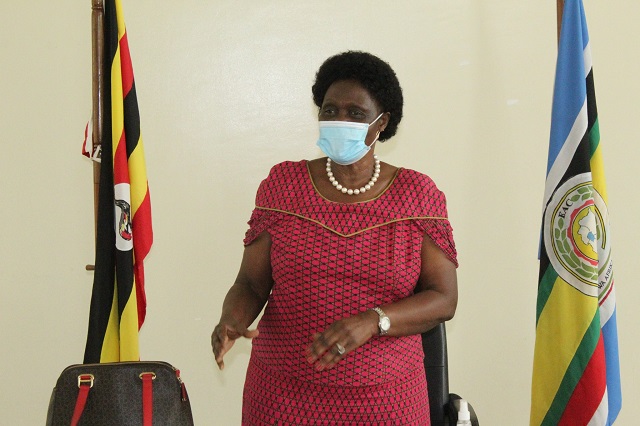
Kampala, Uganda | THE INDEPENDENT | The G7 group of developed nations are yet to fulfil their financing pledge to developing nations for this year’s climate change activities, which is curtailing efforts by the poor countries to implement their commitments, according to the UN.
The seven nations agreed at the United Nations in 2009 to contribute 100 billion dollars each year by 2020 in climate finance to poorer countries, many of whom are grappling with rising sea levels, storms and droughts worsened by climate change.
Last June, the United States, Britain, Canada, France, Germany, Italy and Japan, reaffirmed their commitment to mobilize the money from public and private sources, through to 2025. But according to the UN, this has not been met to-date.
The new June pledge came in a communique at their summit in England where they called on other rich countries to join their initiative.
“Protecting our planet is the most important thing we as leaders can do for our people. As democratic nations, we have a responsibility to help developing countries reap the benefits of clean growth through a fair and transparent system,” the host, UK Prime Minister Boris Johnson said then.
As the second year comes to an end since the announcement, the UN is urging the G7 members to double their efforts and meet their pledge.
The UN Resident Representative for Uganda, Elsie Attafuah says that the financing is important to fund climate change mitigation and technology transfer, among others.
Uganda is virtually hosting the Africa Climate Week (ACW 2021), one of the regional climate week events ahead of the 26th UN Climate Conference (COP26).
The ACW 2021 is accelerating collaboration and integrating climate action into global pandemic recovery by building resilience, according to the UN Climate Change portal.
This is important to countries like Uganda whose main economic activity is agriculture, which also relies heavily on weather.
The climate week gives countries a platform to discuss and learn from each other, by sharing lessons and experiences from across Africa, more importantly at a time of multiple crises.
“As we talk about COVID-19, we must look at it from the climate lens. How do we recover greener? That is a question we must find answers for,” says Attafuah.
She reiterated that African countries which contribute less than 4 percent to global warming, cannot finance the climate agenda without assistance though they committed to play their part too.
The turn for Uganda to host the event comes at a time the country is facing a number of climate-related disasters, including droughts, floods, mudslides, rising water levels and arguably, the threat of desert locusts.
According to the British High Commissioner to Uganda, this gives Uganda an incentive to mobilise resources, both financial and human and tells the world what is happening locally.
She calls for affordable technologies that will lessen the impact of human activity on the environment, giving an example of farming without cutting trees.
The diplomat warned that the climate incidents in Uganda are evidence that climate change is real and that it is time for the country and Africa as a whole to take this seriously.
State Minister for Environment Beatrice Anywar showed confidence in the ongoing efforts including legislation and the National Development Plan, to handle climate change through enhanced environmental protection.
Some of these include the cancellation of land titles in wetlands, increased tree-planting campaigns and further devolution of powers to lower administrative units.
She says for example, more resources will now be taken to the parish level under the Parish Development Model.
Anywar however admitted that the country needs financial help to counter the climate change issues in the country.
She says there have to be compensatory measures to encourage people to adopt to other activities, and that this needs money, citing carbon trade which can take up to ten years of investment before monetary returns.
Africa and other low-developed regions have suffered more from climate-related disaster, mainly because of their reliance of nature, yet they have very little to do with the global warming issue according to several reports.
However, the UN Food and Agriculture Organisation (FAO) Country Representative Antonio Querido, says a failed food system in Africa will affect populations in most of the world, through the continent might suffer more.
*****
URN
 The Independent Uganda: You get the Truth we Pay the Price
The Independent Uganda: You get the Truth we Pay the Price



